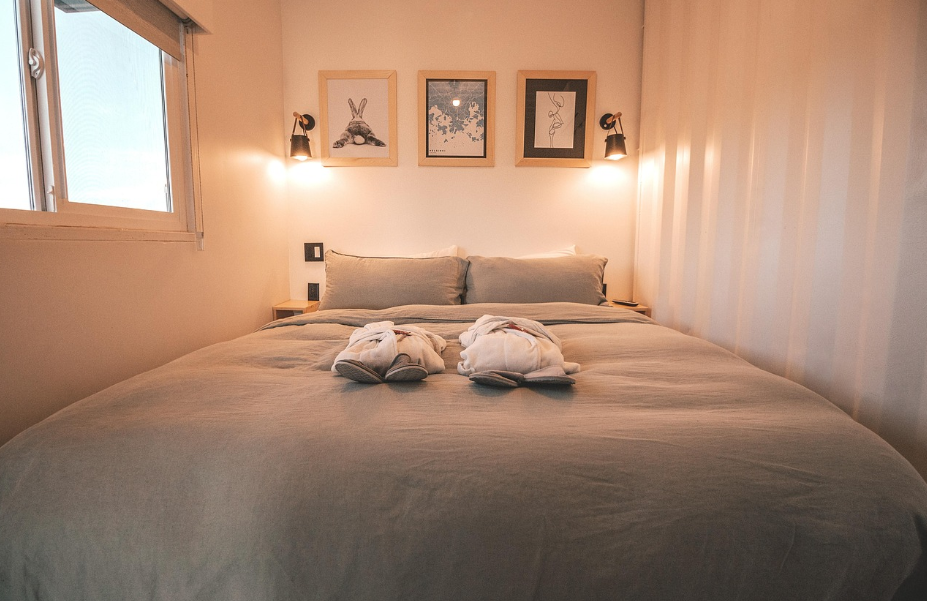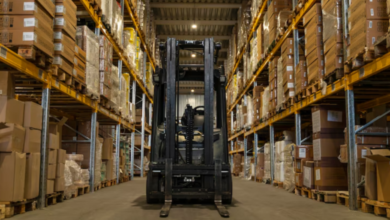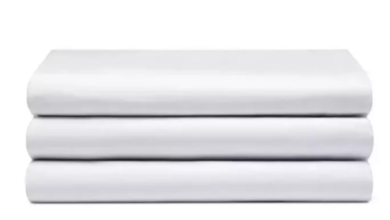
Amenities Hotel Guests Care About: A Practical Guide
Not everything in a hotel room matters. Not really. Guests might walk in and notice the artwork, the oversized mirror, or the smooth wooden desk. But that’s not what stays with them. What sticks is how easily they fall asleep.
Whether the shower wakes them up or wears them down. If the stay feels effortless. And often, it comes down to the amenities hotels are willing to offer. The quiet kind. The kind you don’t appreciate until they’re missing.
Amenities Hotel Guests Expect—Even If They Don’t Say It Out Loud
Let’s be honest. Everyone has a mental list. It’s not written down. It’s built from past annoyances.
Like the one time the bedside plug didn’t work. Or in the morning, someone had to make coffee using lukewarm tap water because the kettle didn’t heat properly.
That’s why the amenities hotel guests care about aren’t always the most visible ones.
- Decent lighting that doesn’t feel like a doctor’s office
- A working fridge for leftovers or medicine
- Wi-Fi that connects without a login loop
- Thermostats that do what they’re supposed to
Most guests won’t rave about these. But take just one away, and they’ll remember.
Wi-Fi Still Tops the List
It’s strange. We’ve reached a point where people travel with 5G in their pockets, and yet, bad hotel Wi-Fi is still one of the most common complaints.
It’s not about speed records. It’s about reliability.
Guests want to upload photos, join calls, and stream a show before bed. That’s all. But if the connection drops or buffers every few minutes, it becomes personal. Especially if they paid for it.
Free, stable Wi-Fi isn’t a perk anymore. It’s survival.
See Also: The Future of Metal Roofs: Smart Roofing Technology and Sensor Integration
The Bathroom Makes or Breaks the Room
You can’t relax in a room where the bathroom feels wrong.
Tiny, scratchy towels? Water that pools on the floor? Are mirrors placed too high or too far from the light?
Small details. But they pile up.
A walk-in shower with decent pressure matters more than branded soap. Towels made with a GSM of at least 600 feel right. Below that, they start to feel like napkins.
And the toiletries? Neutral scents. A soap that doesn’t leave a film. A conditioner that doesn’t run out after one use.
No one wants to call housekeeping for shampoo. It feels awkward.
When Technology Helps—And When It Doesn’t
Smart room controls sound good in theory. But do they work?
Guests don’t want to download three apps to turn off the light. Or scan a QR code just to change the temperature.
Sometimes, old-school switches do a better job. But some tech does help:
- Smart TVs with accessible inputs
- Contactless key cards that don’t demagnetize
- Mobile check-in for those who don’t want to wait at reception
Used well, tech makes things easier. Used poorly, it frustrates.
Soundproofing: The Silent Success
Nobody brags about walls they can’t hear through. But they remember when they can.
The guest next door is taking a loud call at midnight. The elevator ping echoed through the hallway. Pipes clanging behind the wall.
Soundproofing doesn’t need to be perfect. Just better than expected. Heavier doors, thicker curtains, a layout that doesn’t cram rooms next to ice machines—these help.
Guests want to forget the outside world. Silence makes that possible.
The Bed Is Only Half the Story
Yes, mattresses matter. But it’s not just about softness or firmness.
It’s about the sleep environment.
- Blackout curtains that actually block light
- A pillow menu (even two choices is enough)
- Bedding that doesn’t trap heat or make noise when you turn over
- Sheets with a thread count over 300, so they feel smooth against the skin
Comfort isn’t one big thing. It’s a lot of small things working together.
Cleanliness and Control
Some guests want their rooms cleaned daily. Others prefer privacy.
Offering both options makes sense. But what matters more is consistency.
If someone asks for fresh towels and none arrive, they’ll remember. If they request no cleaning and still get housekeeping knocking, they’ll remember that too.
The simplest solution? Let guests choose. A card on the door is fine. A digital option works too. But once they choose, follow through.
Storage That’s Not Hidden
Guests unpack more than just luggage. They unpack their habits.
A place to hang a jacket. A drawer that’s not stuffed with menus. A bathroom shelf wide enough for a toiletry bag.
These things matter.
So does a functional luggage rack. And hangers that aren’t bolted down like they’re going to escape.
Guests want to settle in, even for a night. That’s hard when everything feels temporary.
When Laundry Isn’t an Afterthought
Travellers spill things. They ran out of clean clothes. Some just want fresh socks.
Offering laundry shouldn’t feel like a luxury. And yet, in many hotels, it still does.
- Guest-use washers and dryers are appreciated
- Clear instructions, working coin slots, and decent detergent matter
- Even better if there’s a folding table and a bench nearby
The commercial linen cycle also affects perception. If towels feel stiff or smell too chemical-heavy, it raises questions about overall hygiene, even if everything’s technically clean.
What’s Often Missed
There are details guests won’t mention unless they’re missing:
- Hooks behind the door
- A bin in the bathroom
- A notepad and pen by the bed
- Easily accessible power outlets
Nothing extravagant. Just thoughtful. These don’t cost much. But they make the stay feel human.
Real Comfort Is Invisible
The best amenities aren’t flashy. They’re the ones guests don’t notice until they’re not there.
A stay feels smooth when nothing gets in the way. When guests don’t have to ask, call, adjust, or think too much. They just settle in. Sleep well. Wake up refreshed.
And that feeling? That’s what brings them back.




